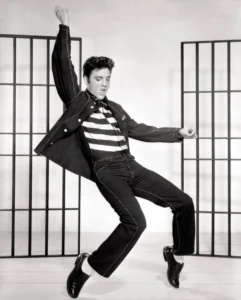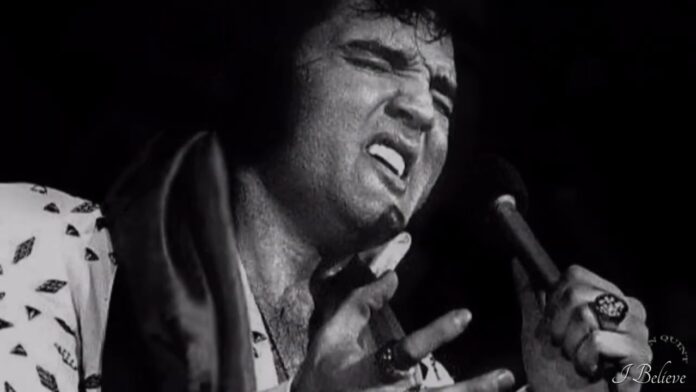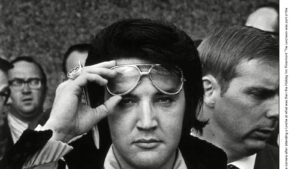Introduction
Elvis Presley, known as the King of Rock ‘n’ Roll, left an indelible mark on the music industry and popular culture. Despite his death in 1977, various myths and conspiracy theories suggest that he still lives. These enduring myths captivate many, keeping the legend of Elvis alive. This article explores these theories, their origins, and why they persist.
The Legend of Elvis Presley
Elvis Presley’s meteoric rise to fame in the 1950s revolutionized the music industry. With hits like “Heartbreak Hotel” and “Hound Dog,” his charisma and unique voice made him an international sensation. Elvis became a cultural icon, influencing music, fashion, and attitudes.
Theories of Elvis’s Survival
Numerous theories claim that Elvis faked his death and continues to live incognito. These theories often stem from inconsistencies and unusual details surrounding his death. Let’s delve into the most prominent ones:
- The Wax Figure Theory: Some believe the body in Elvis’s casket was a wax figure, citing reports of sweat on the body—a characteristic uncommon for embalmed corpses.
- The Gravestone Mystery: Elvis’s middle name is spelled incorrectly on his gravestone (“Aaron” instead of “Aron”), which some interpret as a sign that the grave is a memorial rather than a burial site.
- The Alleged Sightings: Numerous alleged sightings of Elvis have been reported over the years. From a man who resembled him working in a Michigan Burger King to sightings in Graceland, these claims fuel the belief that he still lives.
- The FBI Files: Some conspiracy theorists point to declassified FBI files suggesting Elvis might have faked his death to escape the mafia, who allegedly targeted him.
Why Do These Myths Persist?
Several factors contribute to the persistence of these myths:
- Cultural Impact: Elvis’s impact on music and culture was profound. Fans who grew up idolizing him find it hard to accept his death, preferring to believe in his survival.
- Media Influence: Movies, books, and documentaries continue to explore and sensationalize these theories, keeping them in the public eye. This media coverage perpetuates the myths and introduces them to new generations.
- Psychological Factors: The belief in Elvis’s survival can be comforting. For many fans, the idea that their idol lives on provides solace and a way to cope with his loss.
- Conspiracy Culture: In an era where conspiracy theories thrive, the idea that Elvis faked his death fits well within a broader cultural narrative that questions official accounts and seeks hidden truths.
Counterarguments and Reality
Despite the persistent myths, substantial evidence confirms Elvis’s death:
- Medical Reports: Official medical reports indicate that Elvis died of a heart attack, exacerbated by drug abuse. These reports are corroborated by testimonies from medical professionals and those close to him.
- Witness Accounts: Family members, friends, and employees present during Elvis’s final moments have consistently affirmed his death.
- Legal Documentation: Death certificates, autopsy reports, and other legal documents provide irrefutable evidence of Elvis’s death.
Conclusion
The enduring myths surrounding Elvis Presley’s survival reflect the deep cultural and emotional impact he had on the world. While the theories are compelling and persist due to various factors, the overwhelming evidence supports that Elvis passed away in 1977. Nonetheless, these myths contribute to the legend of Elvis Presley, ensuring that the King of Rock ‘n’ Roll remains an eternal icon in the hearts and minds of his fans.



















